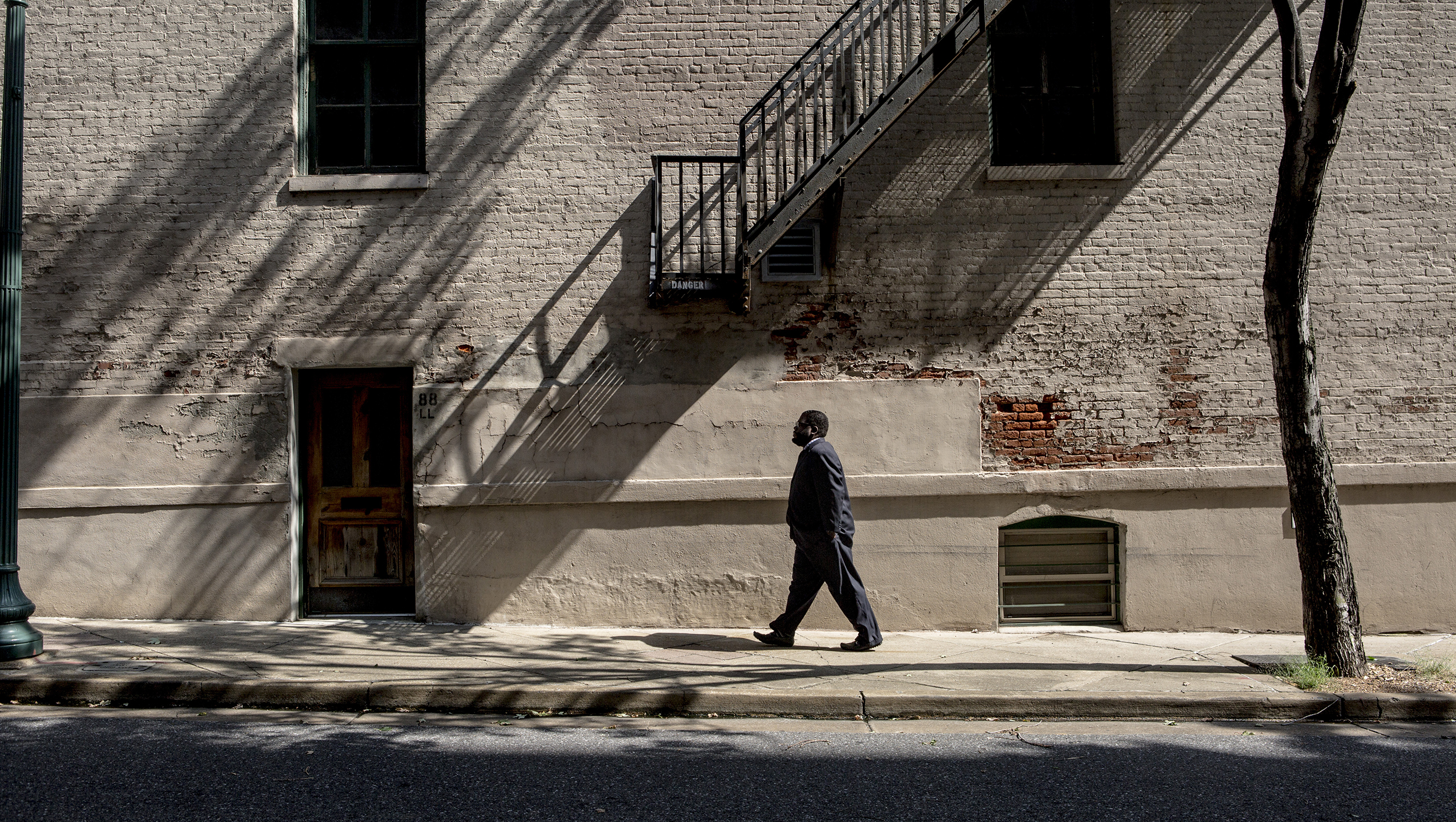ImpactAlpha, February 5 – Place-based, blended finance through a racial lens. A $100 million commitment from Prudential Financial is a trifecta of impact investing trends.
The impact investment arm of Newark-based financial services company had help in making the nine-figure commitment to Invest4All, an initiative to bridge capital gaps in underserved communities of color in Memphis, New Orleans and Atlanta. The Annie E. Casey Foundation and Kresge Foundation are backing the portfolio with $20 million in investment guarantees.
“We all understand that the traditional financial markets don’t always work, particularly for communities of color,” said Daryl Shore, investment manager for Prudential’s $1 billion impact investing group. “We’re really focusing on how to address the racial wealth gap, and how to deploy the capital we have within these communities to really help entrepreneurs and others achieve financial wellness and economic mobility.”
The two foundations approached Prudential in early 2018, hoping to create a partnership to commit capital to advance racial equity. “We were all eager to stretch past the traditional assets of community development,” Kresge’s Kimberlee Cornett told ImpactAlpha.
Prudential is among an increasing number of impact investors adopting a specifically “racial lens.” Last year, Living Cities’ Brinda Ginguly and Brian Nagendra wrote in ImpactAlpha, “Race-neutral efforts have failed. Going forward, organizations across sectors must deliberately incorporate a racial lens into their economic security efforts.”
Apply a racial lens, and other lessons from Living Cities’ impact investments
Invest4All is part Prudential’s broader commitment to foster racial and gender equity, which includes a $25 million commitment to fund venture capitalists of color; a $1.1 billion portfolio of emerging asset management firms founded and run by women and minority executives; and actively placing cash deposits and other liquid assets with minority depository institutions across the country, which currently total $50 million.
Bridging capital caps
Invest4All will deploy capital through three strategies. First, it will expand access for minority entrepreneurs by investing in financial institutions, such as community development financial institutions, or CDFIs, and credit unions. Second, it will back online lending platforms and other innovative approaches that can crowd out predatory lenders in providing credit to individuals. And finally, it will invest in emerging, minority-owned real estate developers with projects that include affordable housing or “catalytic commercial” development, such as supermarket in “food desert” areas.
The partners have begun cultivating a pipeline of investees, with the goal of making an investment in each of the three verticals this year, Shore said. “It’s going to take patience, flexibility and creativity to really make them work.”
The partners chose the three cities both because the issues they hope to address are acute there. Atlanta is of particular interest to Annie E. Casey, Kresge has a growing commitment to Memphis and Prudential has strong roots in New Orleans, Cornett said.
Propeller: Helping local entrepreneurs rise with New Orleans’ revival
Credit enhancement
The foundations are putting up the $20 million in guarantees to reduce risks for an investor like Prudential, which generally makes its impact investments directly on the corporate balance sheet. Such blended financing can be catalytic for coaxing investments in untested business models or in underserved communities where risks may be misperceived or mispriced. Guarantees are typically based on a triggering event, such as a payment or other type of default.
Kresge’s Cornett said the partners wanted to move beyond “sticks and bricks.” The partial loss protection is intended to help Prudential “stretch beyond their customary underwriting box and provide capital to transactions that we believe will meaningfully create economic opportunity for people of color,” she said. “We want to take prudent, but additional risks, to make investments that have the opportunity to move the needle.”
The financial giant has long made philanthropic and impact investment commitments to its hometown of Newark, which in the last decade have totaled more than $600 million.
Lata Reddy: Prudential Financial’s investments in equity and inclusion – and Newark
Prudential is also one of the early movers in Opportunity Zone deal making, recently backing the development of a $77 million real estate project in Baltimore.
The mixed-use project, called Yard 56, is being built on the 20-acre former site of glass and Baltimore’s Abandoned Pemco Corp.’. The factory employed hundreds of Baltimore workers before it shut down in 2006. That area of East Baltimore is now anchored by Johns Hopkins Bayview Medical Center, a community-centered health provider that employs thousands of Baltimore-area workers. The former Pemco site, however, has remained vacant and in need of $15 million in environmental clean-up.
“From the real estate perspective we do think that there are some lessons to be learned from what we’ve done in Newark, which we can take to cities that may have similar challenges,” Shore said.











